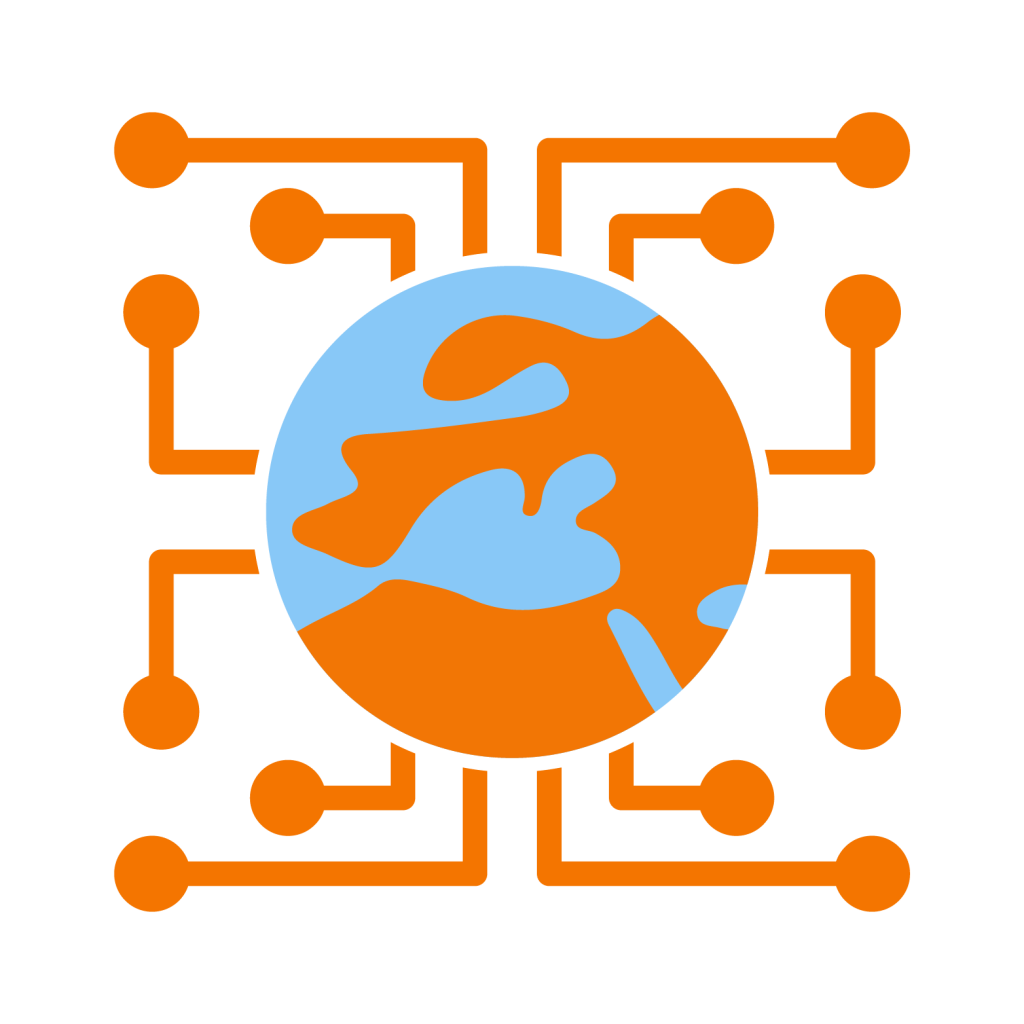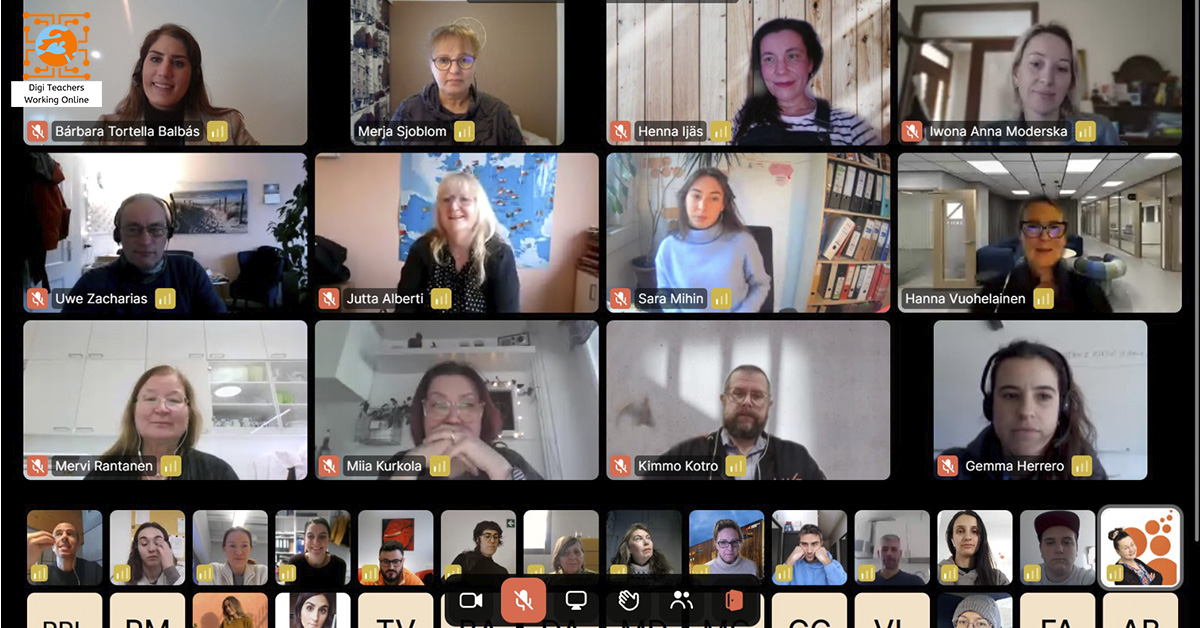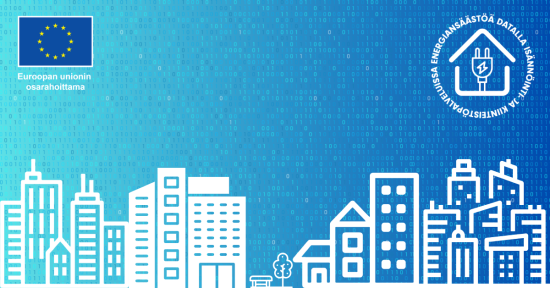The piloting phase involved four organizations: Live Foundation (Finland), Esment Fundación (Spain), Arbeit und Bildung (Germany) and OPEN group (Italy). Each organization selected participants from their teaching staff. These participants varied in their levels of digital competence, ensuring a diverse range of experiences and feedback. Each piloting group underwent a structured process that included both in-person feedback sessions and online meetings. This blended approach facilitated comprehensive learning and adaptation to digital tools.
Participants completed three training modules tailored to improving their digital skills. Successful completion of these modules was recognized with the awarding of open badges, providing an incentive for continuous learning and achievement.
Objectives for the piloting
The piloting phase had several ambitious objectives:
- Enhance Digital Skills: Improve the digital skills and competencies of staff within the participating organizations.
- Quality of Online Teaching: Elevate the quality of online teaching through better digital practices.
- Blended Learning Methods: Enable teaching staff to utilize blended learning methods effectively.
- Individual Learning Paths: Empower educators to build individual learning paths for their students.
- Sharing Best Practices: Facilitate the sharing of good practices, methods, and tools among organizations, especially when working with individuals with special needs, thereby creating a robust network.
- Validation Through Open Badges: Validate the learning achievements of participants through open badges, encouraging other organizations to adopt similar validation methods.
Feedback from the participants
Feedback from the teachers involved in the piloting phase has been positive and insightful. Here are some key takeaways:
- Presentation of Information: Participants emphasized the importance of presenting information in the most accessible and understandable way.
- Motivation: The pilot was described as highly motivating, with participants eager to learn and engage.
- New Applications: Exposure to new digital applications was a significant benefit.
- Learning from Mistakes: Educators appreciated the understanding that mistakes are part of the learning process and that help is always available.
- Inspirational Discussions: Discussing new tools and their uses with peers was found to be inspiring.
- Professional Sharing: The opportunity to share experiences and insights with other professionals was highly valued.
- Adapting Digital Tools: Understanding how to adapt digital tools to their specific work contexts was a major highlight.
- Correct Platform Usage: Learning to use various platforms correctly was deemed crucial.
- Empowerment and Reflection: The pilot empowered participants to reflect on their targets and possibilities, enhancing their overall teaching strategies.
Conclusions
The pilot phase of the DigiTeachers working online project has demonstrated significant success in achieving its goals. By enhancing digital competencies, improving the quality of online teaching, and fostering a collaborative network among educators, the project has laid a solid foundation for future digital education initiatives. The positive feedback from participants underscores the value of such projects in empowering educators and advancing educational practices through digital means. ‘
Digi Teachers Working Online -project in a nutshell
The Digi Teachers Working Online project helps VET teaching staff improve their digital skills and competences with a strong link to pedagogy. Teachers will gain new tools, ideas and practices to implement online education, support their students’ digital skills and network with European colleagues engaged in special education.
Duration:
1.11.2021 – 30.10.2024
Project partners:
- Live Foundation, Suomi (project lead), www.livesaatio.fi
- Esment Fundación, Spain, www.amadipesment.org
- Arbeit und Bildung, Germany, www.arbeit-und-bildung.de
- OPEN group, Italy, opengroup.eu/
- Arfie, Belgium, www.arfie.info
- TIEKE Finnish Information Society Development Centre, Finland, www.tieke.fi
Funded by:
- Erasmus+ -programme coordinated by Finnish National Agency for Education
Contact information:
- In TIEKE Merja Sjöblom
- In Live Foundation project coordinator Karoliina Oksanen, +358 40 661 4424, karoliina.oksanen@inlive.fi










